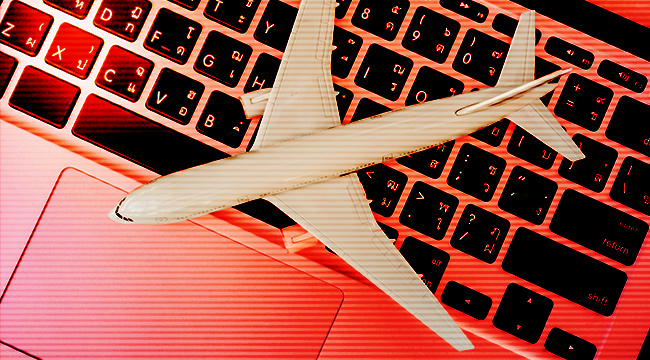
After criticism and concern that an in-cabin ban on laptops during certain international flights would hamper business travelers and frustrate everyone else, it looks like the U.S. is already walking back that restriction. There’s just one catch — airports have to step up other security measures to have the ban lifted, and in some cases to avoid having flights from the U.S. cancelled entirely.
If that makes it sound like the whole laptop ban thing was just a scheme to get airports to step up on new standards and even to punish certain airlines, you might be right. If you look at the ten airports where the ban went into effect in March, you’ll note that they’re all in Muslim-majority countries, not unlike the bent of Trump’s travel ban. Though the Trump administration considered banning laptops in-cabin on European flights, that was going to be too unpopular and costly to really implement. That leaves Middle Eastern airports that are primarily serviced by state-funded airlines, rather than U.S. carriers. But that kind of loophole protectionism didn’t last long.
The laptop ban is already finished for flights out of Istanbul, Turkey; Doha, Qatar; Amman, Jordan; Abu Dhabi and Dubai in the United Arab Emirates; and Kuwait. Those airports had to prove they had put increased security measures in place before laptops were allowed back in the cabin, such as more stringent body and electronics scanning. Egypt Air flights from Cairo to the U.S. are also now in compliance according to their officials. You’ll note that the airports that have already complied are those in larger, more metropolitan cities with plenty of business traffic.
That leaves U.S.-bound flights operated by Royal Air Maroc from Casablanca, Morocco, and Saudia from Jeddah and Riyadh without electronics larger than smartphone in-cabin. Saudia, the national carrier for Saudi Arabia, has indicated it’s working to get right with Homeland Security and get its restriction lifted. Other airlines and airports may also need to adjust to the new standards as DHS continues to scrutinize foreign airlines. Still, DHS spokesman David Lapan explained, “The nature of the threat remains.” He meant, of course, the possibility that terrorists could hide explosives in larger electronics. But it also sounds a little like the threat state air carriers feel they are under as long as DHS has a laptop ban to hold over their heads.
(Via CNN)
